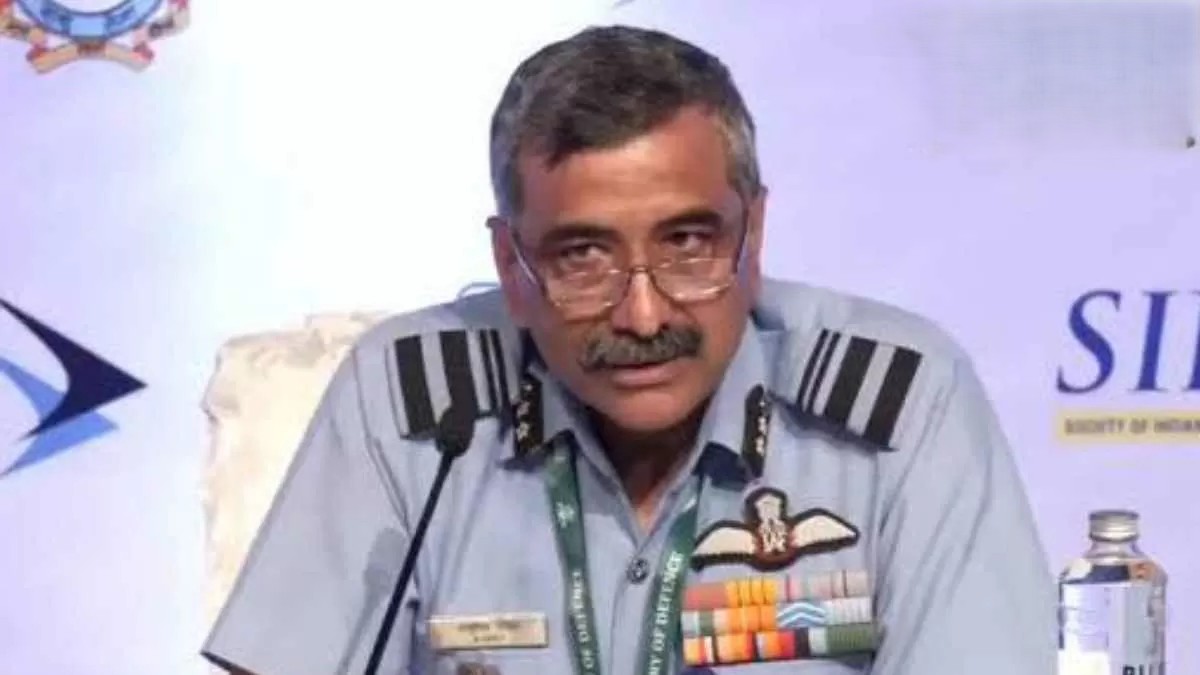Air Marshal Ashutosh Dixit, Chief of Integrated Defence Staff (CISC), firmly refuted claims of an Indian Air Force (IAF) strike on Pakistan’s sensitive Kirana Hills region. Speaking at the CNN-News18 Defence Townhall and as reported IDRW, he responded to the speculation with a clear statement: “I don’t think so,” when asked directly about the alleged operation.
Also Read: Did India Strike Pakistan’s Nuclear Facilities?
Kirana Hills, located near Sargodha in Pakistan’s Punjab province, has long been rumored to house nuclear weapon test facilities and warhead storage. The area has drawn strategic attention since the 1980s, when Pakistan reportedly conducted cold tests—non-nuclear explosive trials—within its underground tunnel network. Declassified intelligence documents have often suggested that Kirana Hills may serve as a storage site for Pakistan’s nuclear arsenal, estimated at around 170 warheads.
The rumors of an Indian strike on this nuclear-linked site emerged after Operation Sindoor in May 2025, during which the IAF carried out precision attacks on Pakistani military targets in retaliation for a deadly terror assault in Kashmir. Soon after, social media platforms and Pakistani sources, including the ISI-aligned Center for International Strategic Studies Sindh (CISSS), floated claims that India had targeted Kirana Hills to degrade Pakistan’s nuclear capabilities.
These unverified reports triggered alarm, particularly after Pakistan’s National Command Authority (NCA) held an emergency session post-Operation Sindoor, hinting at an elevated state of nuclear preparedness. This, in turn, fueled further speculation that Kirana Hills might have been in India’s crosshairs.
However, as Air Marshal Dixit clarified, such a move would have represented a serious escalation. Given India’s declared no-first-use (NFU) nuclear policy and its emphasis on strategic restraint, an attack on a potential nuclear site appears inconsistent with New Delhi’s approach. In contrast, Pakistan has no NFU commitment and maintains tactical nuclear weapons as a counter to India’s conventional military edge, making any offensive action against its nuclear infrastructure highly volatile.
Operation Sindoor primarily focused on disabling key Pakistani Air Force (PAF) assets, including airbases and radar networks—not strategic nuclear infrastructure. The proximity of Kirana Hills to the Sargodha Air Base, which was among the reported targets, likely contributed to the confusion.
Moreover, there has been no credible evidence to support the Kirana Hills strike theory. No satellite imagery, official confirmation, or third-party validation has emerged, raising the possibility that the narrative may have been shaped by disinformation efforts or exaggerated to paint India as the aggressor.
In conclusion, while regional tensions remain high in the aftermath of Operation Sindoor, Air Marshal Dixit’s denial offers a firm rebuttal to speculative reports. The Indian military’s actions appear consistent with its doctrine of measured response and conventional deterrence—far from the nuclear brinkmanship suggested in some quarters.













